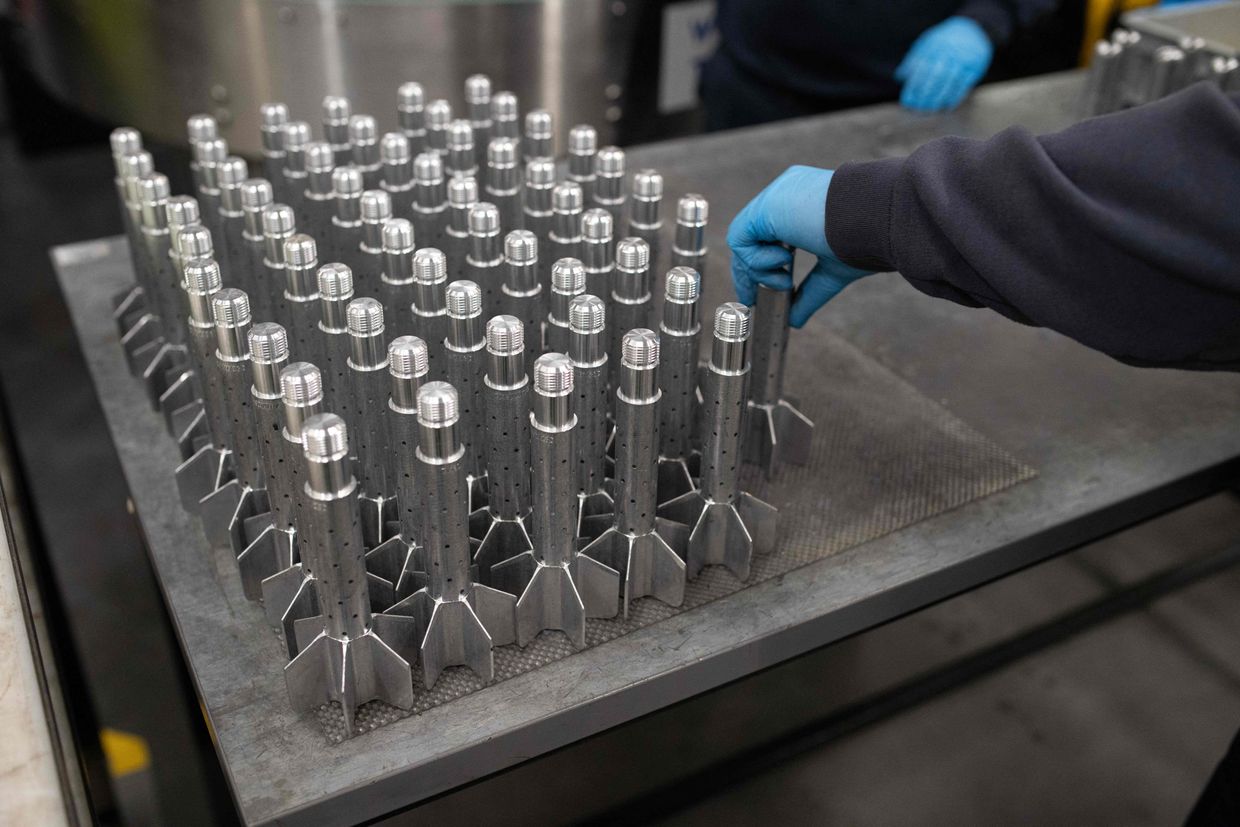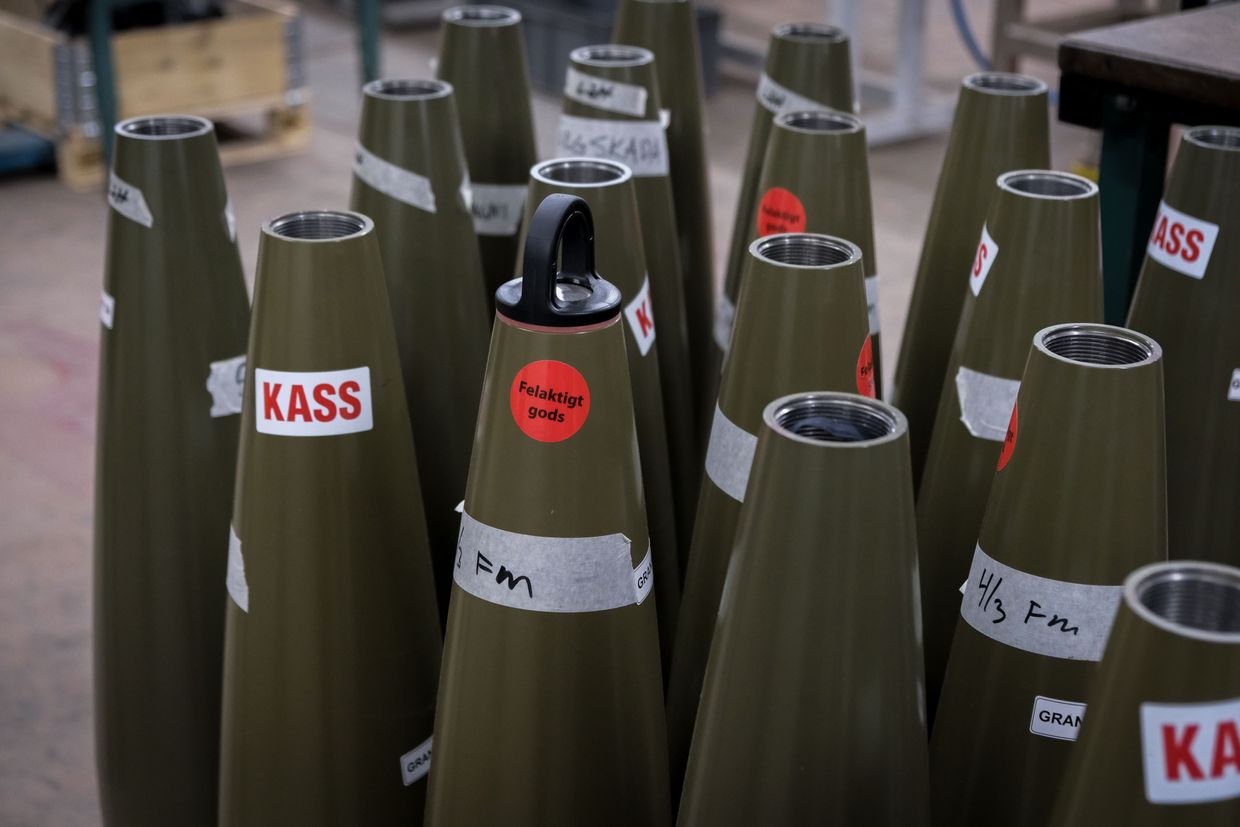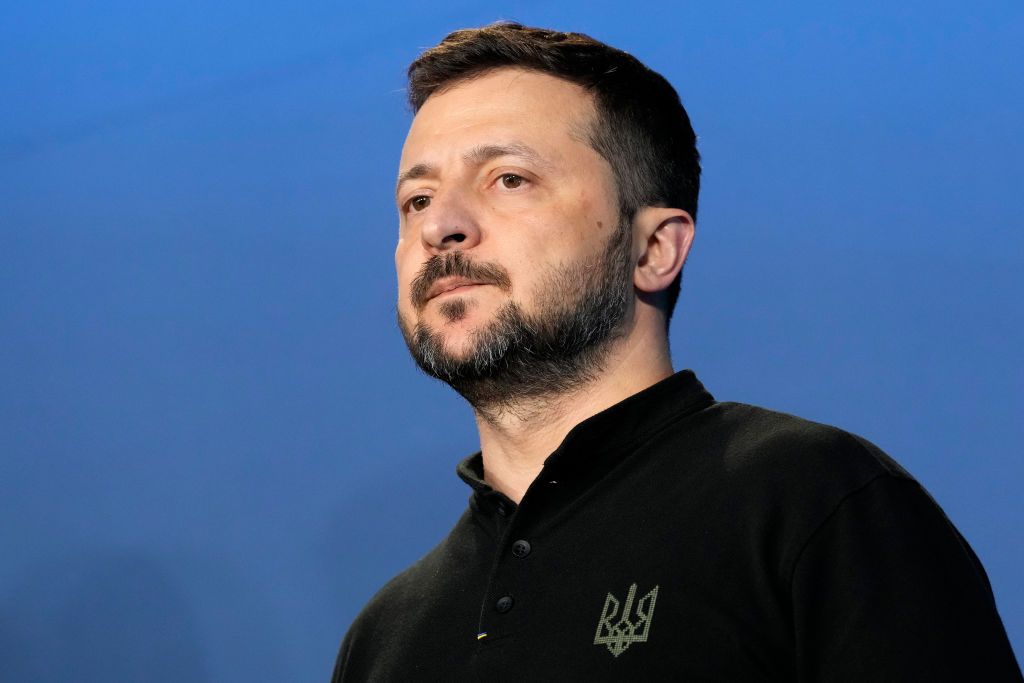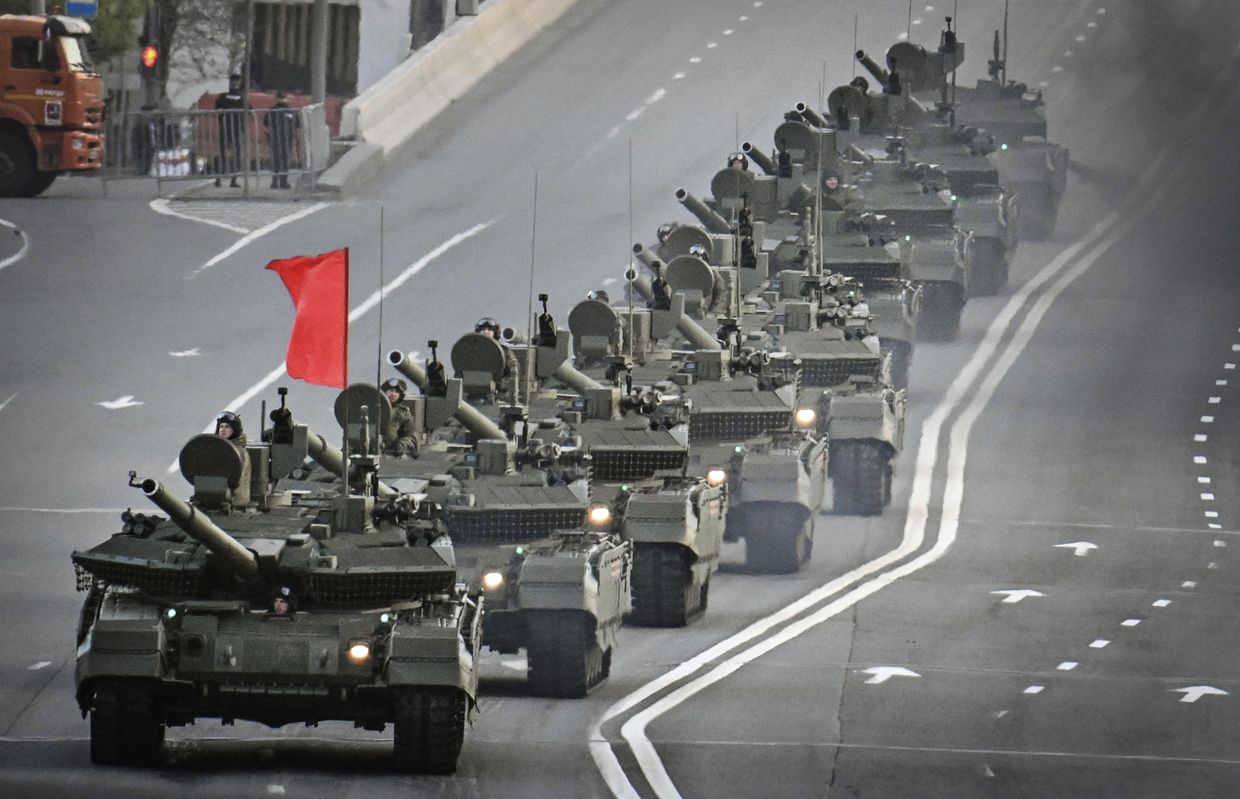Hungary cancelled a meeting planned for May 12 with a Ukrainian delegation on the rights of national minorities, Hungary's Deputy Foreign Minister said on May 11, amid a deepening spying scandal between the two countries.
Three were injured in Russia's Kursk Oblast when the town of Rylsk was allegedly struck by a missile attack on May 11, local governor Alexander Khinshtein claimed.
"There is no point in prolonging the killings. And I will wait for Putin on Thursday in Turkey," President Volodymyr Zelensky said.
"We cannot allow NATO's military infrastructure to get that close to our borders," Kremlin spokesperson Dmitry Peskov said.
This week, the world watched in anticipation for Russia’s Victory Day parade after President Volodymyr Zelensky commented that he could not guarantee the safety of those attending. Meanwhile, the European Union moves one step forward to banning Russian gas from the European continent. It is also revealed this week that U.S. Secretary of Defense Pete Hegseth has fallen out of step with the White House.
"(Russian) President (Vladimir) Putin... doesn't want to have a ceasefire agreement with Ukraine, but rather wants to meet on Thursday, in Turkey, to negotiate a possible end to the bloodbath. Ukraine should agree to this, immediately," U.S. President Donald Trump said.
U.S. Secretary of State Marco Rubio will travel to to Antalya, Turkey, for a NATO foreign ministers’ meeting from May 14–16, where he is expected to address the war in Ukraine and push for stronger Allied defense commitments.
Preliminary findings suggest that one of the men killed the other before taking his own life.
Western leaders dismissed the Kremlin's proposal for talks in Istanbul on May 15 as insufficient.
The Kremlin said the leaders held a detailed discussion about the Russian initiative and Erdogan expressed full support, reiterating Turkey’s readiness to provide a venue and assist in organizing the negotiations.
Erdogan told Macron that international cooperation is critical for initiating peace negotiations and the "sensitive implementation" of Ukraine’s recovery and reconstruction processes, the Turkish Presidency reported.
The pope said he was praying to God to grant the world the "miracle of peace."
Ushakov’s comments follow Russian President Vladimir Putin's May 11 invitation for direct talks with Ukraine in Istanbul starting May 15.
UK to boost explosives production, reduce reliance on US arms, Times reports

The United Kingdom will significantly ramp up domestic production of military-grade explosives to reduce its reliance on U.S. and French imports, the Times reported on April 20.
The effort is part of a wider trend among European and other allies to become less dependent on U.S.-sourced weaponry after President Donald Trump took office.
Shipping containers will be deployed across the country to produce RDX explosives, which are a key ingredient in NATO-standard 155 mm artillery shells. These rounds are used in British Army systems like the AS-90 and the Archer self-propelled howitzers and have been supplied to Ukrainian forces.
BAE Systems, the U.K.’s largest defense contractor, also plans to construct three new production sites to increase resilience against potential attacks, according to the Times.
BAE’s new facility in Glascoed, South Wales, set to open this summer, will deliver a 16-fold increase in 155 mm shell production compared to pre-Russia-Ukraine war levels. The Times, which was briefed on current production volumes, reported that officials have withheld the exact number for national security reasons.
U.K. Defense Secretary John Healey called the expansion "an important step in learning the lessons from Ukraine, boosting our industrial resilience and making defense an engine for growth.”
BAE, which currently imports RDX from the U.S. and France, aims to make its munitions "Itar-free" — meaning exempt from the U.S.'s International Traffic in Arms Regulations (Itar), which can restrict the sale and export of weapons containing U.S. components. The company’s innovative approach will use smaller, dispersed facilities capable of producing 100 metric tons of explosives annually.
The concern over U.S. reliability is not limited to the UK. In Canada, Prime Minister Mark Carney unveiled a new defense plan on April 19, pledging around $22.4 billion in military spending in response to Trump's expansionist rhetoric.
"In this crisis, we have to prepare for America’s threats to our very sovereignty," Carney said, as reported by Politico on April 19. "They want our land, our resources, they want our water, they want our country."
Carney’s plan emphasizes Arctic security, increased spending on military infrastructure, and investments in artificial intelligence and quantum computing.
Trump has called into question the U.S.'s commitment to NATO's collective defense principle, signaled reduced interest in Europe's security, and even publicly floated plans to annex Greenland from Denmark and make Canada the 51st U.S. state.

Most Popular

After 3 years of full-scale war in Ukraine, Europe announces plan to ban all Russian gas imports

Journalist Roshchyna's body missing organs after Russian captivity, investigation says

Ukrainian sea drone downs Russian fighter jet in 'world-first' strike, intelligence says

'Justice inevitably comes' — Zelensky on deaths of high-ranking Russian officials

Ukraine is sending the war back to Russia — just in time for Victory Day
Editors' Picks

How medics of Ukraine’s 3rd Assault Brigade deal with horrors of drone warfare

As Russia trains abducted children for war, Ukraine fights uphill battle to bring them home

'I just hate the Russians' — Kyiv district recovers from drone strike as ceasefire remains elusive



